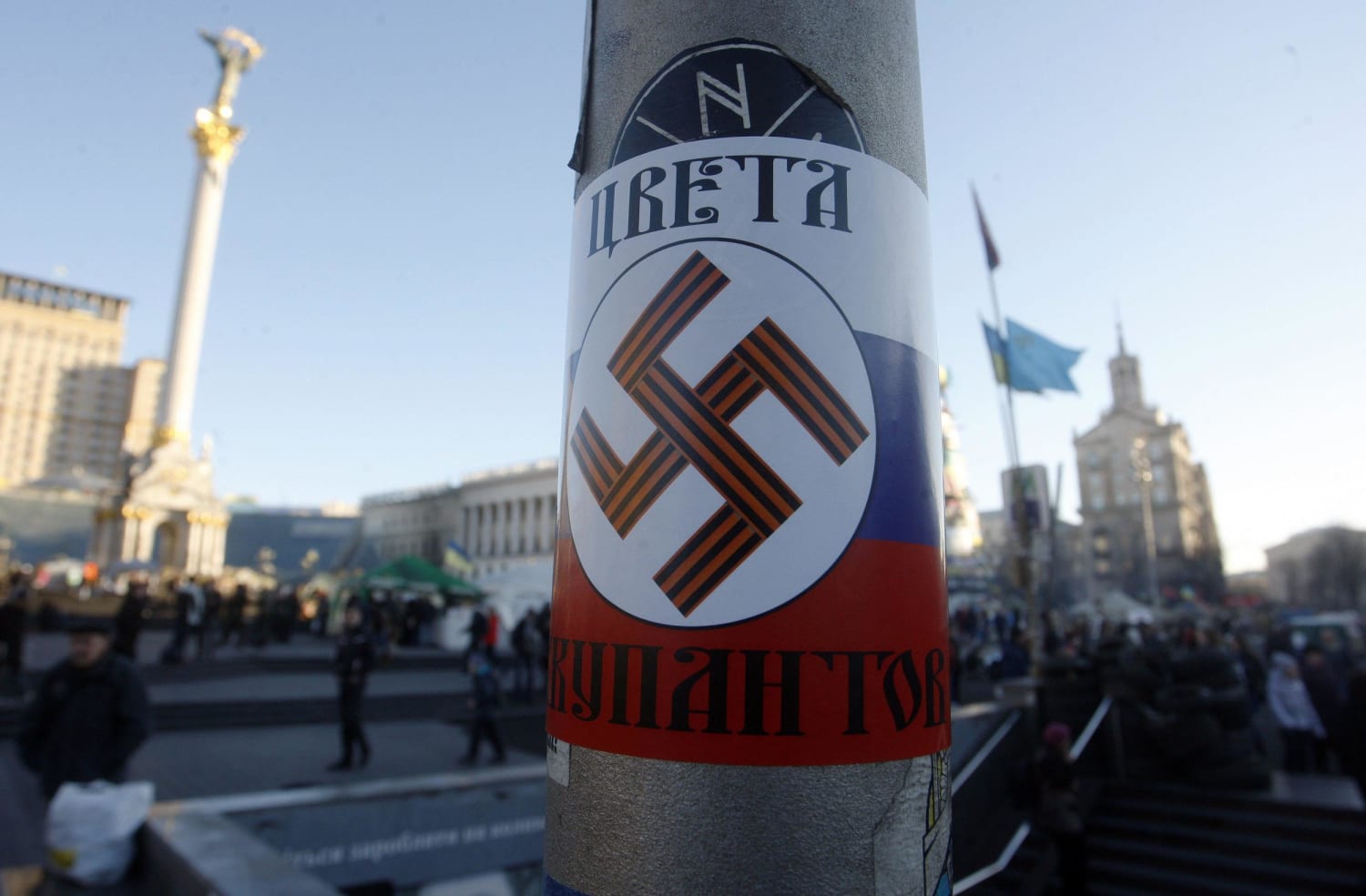The West Bears Primary Responsibility for Preventing a 'New Cold War'
(China) on 25 March 2014
by Editorial (link to original)
The idea of an imminent “new Cold War” continues to reverberate throughout worldwide media. Putin simply did not attend the summit, but instead dispatched his foreign minister, Sergei Lavrov. While Obama is intensifying the sanctions against Russia, Putin reciprocates with a list of countermeasures against the U.S. and the West.
The air in Europe is yet again thick with the smell of a cold war. The tension between the West and Russia slips back in time to the 20th century, when the friction between the superpowers reached its extreme. What exactly is behind this tension?
The worst case scenario will not be an exact re-enactment of the protracted Cold War conflict between the U.S. and the Soviet Union. The reason is obvious: Russia is not equipped with the power that the USSR had, nor does it have a group of satellite states with whom to oppose the West. Crimea is not a reflection of Russia’s intent to launch a global offensive, but rather a sign that the insurmountable oppression that the Russians have endured from the West for the past 20 years is erupting all at once.
Western leaders seem to have misinterpreted Putin’s resilient military tactics, causing the public in the U.S. and Europe to develop fear and anger toward “Emperor Putin.” As a result, the public demands Obama and others to impose severe punishments on Putin. The new Cold War seems to appear on the horizon.
Even in the best case scenario, the circumstances in Crimea have created a complete schism between Russia and the West. Both Russia and the West acknowledge their mutual antagonism, and as long as Putin remains in power, the most optimistic relationship between the two would be one of tolerance and peaceful coexistence.
Obama has not yet recognized that his predecessor took the road of eastward expansion too far and that he will need to find closure on this issue before the end of his term. If he has the foresight, Obama should not continue the mistakes that the West is making, unintentionally becoming the “last straw” of the opposition against Russia. He cannot stifle Putin, but he can transfer the turmoil back to Europe.
If Obama wants the glory of victory during the new Cold War era, the U.S. must develop a new global strategy around the containment of Russia. It is not an easy decision to make for the U.S.; imposing “comprehensive sanctions” on Russia would most likely not be carried out fully. The action would be futile while consuming resources much needed to tackle other more pressing world issues.
The West must “speak softly and carry a big stick” while facing Russia’s retaliation, ultimately aiming for a chance for negotiation. The U.S. and Russia need to have a serious dialogue to re-establish a game plan that is mutually beneficial. Because Russia does not have the power to subvert Europe’s order, and the U.S. is not able or even willing to fight a new Cold War with Russia, a compromise would be the least costly option for both sides.
Europe is situated at a crossroads. Putin’s next step is crucial, but what the West does is even more important. The West holds the key to the crisis in Ukraine. Whether Obama, a Nobel Peace Prize laureate, is equipped with the political astuteness to ensure that the measures taken by the U.S. are working toward world peace will determine the next stage of the race between the superpowers.
If the rivalry between the U.S. and Russia spins out of control, China will face a future of increasing uncertainty. This will challenge China’s endurance and become a detriment to our country.
Russia combating the color revolution is what China is willing to accept. The mutual mistrust between the Russians and the West puts emphasis on Russia’s relationship with China, with China becoming an inadvertent beneficiary in this situation. But if their mistrust turns into a relentless battle, an “imitation” of the Cold War would ensue in Europe, and the circumstances would then change. China is not a small country that relies on big nations to survive. China’s rise has tremendous global significance, and with China’s developing strategy involving Europe as its “neighbor,” it needs Europe to have basic stability.
Western leaders need to maintain their composure and cannot behave like a group of politicians losing their temper as they please and responding to public anger with a mere “no compromise.” They have to understand that however aggressively the West behaves, Russia will behave even more so, eventually escalating to the so-called “new Cold War.” Although Russia is, in the eye of the West, “an aggressor,” the West still holds the most power in the international political arena, therefore bearing primary responsibility to maintain world peace and stability.

